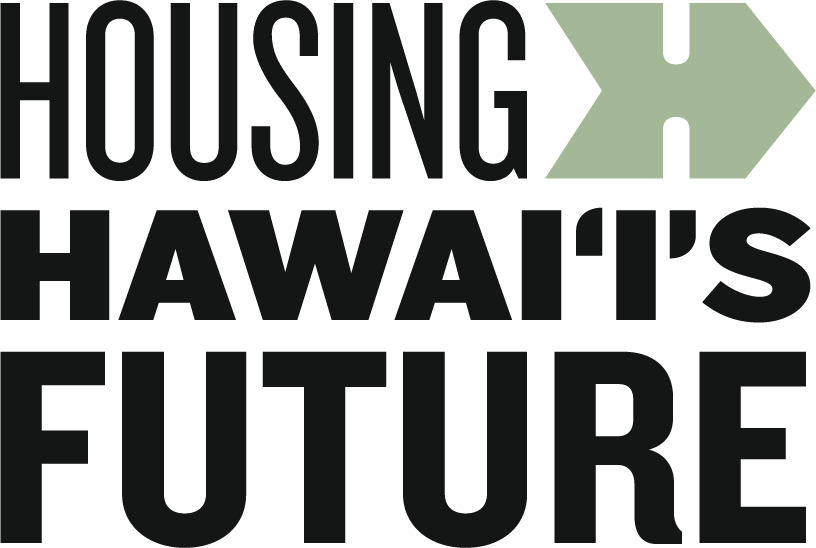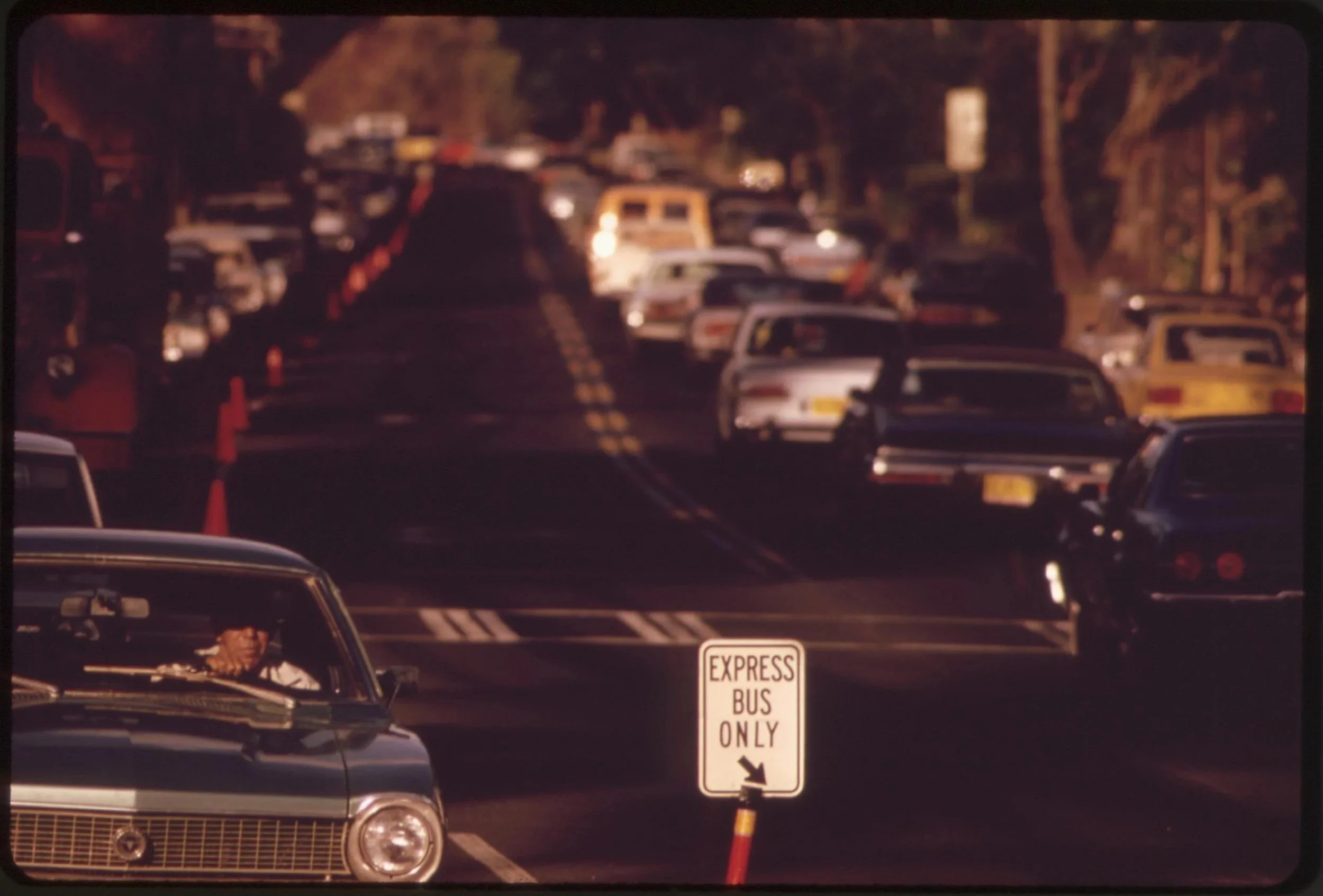Housing Reform = Parking Reform
***
Banning excessive parking mandates can lower housing costs. To access our case for addressing excessive parking mandates, click here. Links to the facts provided in that brief are embedded below.
***
If we want to bring down housing costs, we need to talk about excessive parking mandates.
Hawai‘i is a lot like Washington State, where excessive parking mandates at the state and local level function as a tax on housing for residents. In their case, one 2024 study from the Sightline Institute confirmed that parking spaces in Washington State add approximately $200 per month to a resident’s rent, regardless of whether that household even needs a parking stall. 58% of renters across that State only own one or zero cars.
Here in Hawai‘i, we perpetuate a system that builds the cost of parking into residential housing projects. Like Washington State, Hawai‘i has historically overbuilt parking in both urban and rural communities due to unnecessary, excessive parking mandates instituted by state and county government. The result has been more expensive housing.
For those who don’t know, parking is a hidden housing cost. It adds tens of thousands of dollars to the construction of housing units. Much of what we’re sharing isn’t new. In 2020, the Ulupono Initiative released a groundbreaking study that confirmed that the cost of parking in Honolulu buildings with podium-style parking for affordable and mixed-income rentals could cost up to $55,000 per unit. When adjusted for inflation in 2025, these cost estimates rise to $68,000 per unit.
At Housing Hawai‘i’s Future, we didn’t start to think about this on a serious basis again (our team did a thorough deep dive back in 2023) until a measure, Bill 53, was introduced in the Honolulu City Council on July 21, 2025.
In the City and County of Honolulu, this fact was confirmed once again in the debate over Bill 53. The measure, which was postponed in the City Council’s Committee on Housing, Homelessness, & Parks on August 19, threatened the future of Bill 7, a revolutionary housing program established in 2019 to increase the supply of residential rental housing through infill in urban areas. Bill 53 would require parking (and raise costs) for future Bill 7 projects.
Higher construction costs would have meant higher rents for residents. Bicyclists, environmentalists, developers, residents, and housing advocates were up in arms. O‘ahu’s residents don’t need higher rents.
Housing Hawai‘i’s Future opposed Bill 53. Alongside other advocates, our Executive Director Lee Wang authored a piece that distilled our position in the simplest terms. Their argument is simple: if we want to lower rents for residents, we need to lower costs by removing excessive parking mandates from our state and local laws.
Do we want to ban parking? Absolutely not. We still need residential parking in urban and rural settings, but we don’t need unnecessary parking mandates. Removing these mandates does not ban parking. When Honolulu removed certain parking requirements through Bill 2 of 2020, new residential housing projects still built parking, as one Civil Beat report confirmed in 2024. The only difference was that government no longer required parking. If people need parking, they’ll build it.
When we talk about the future, we need to start in the present day. Providing a foundation for more affordable, walkable, and accessible communities starts with fewer unnecessary barriers, like excessive parking mandates.

